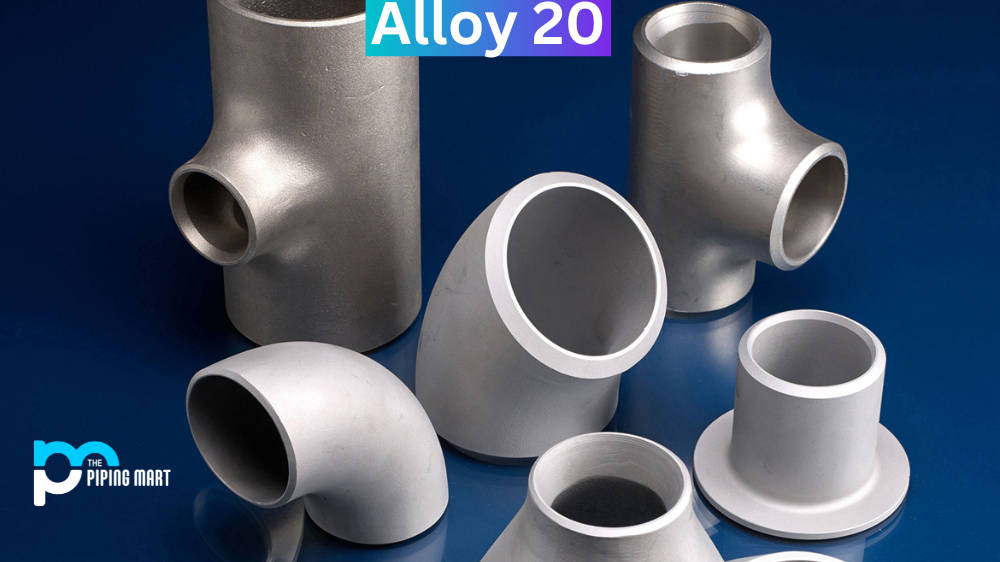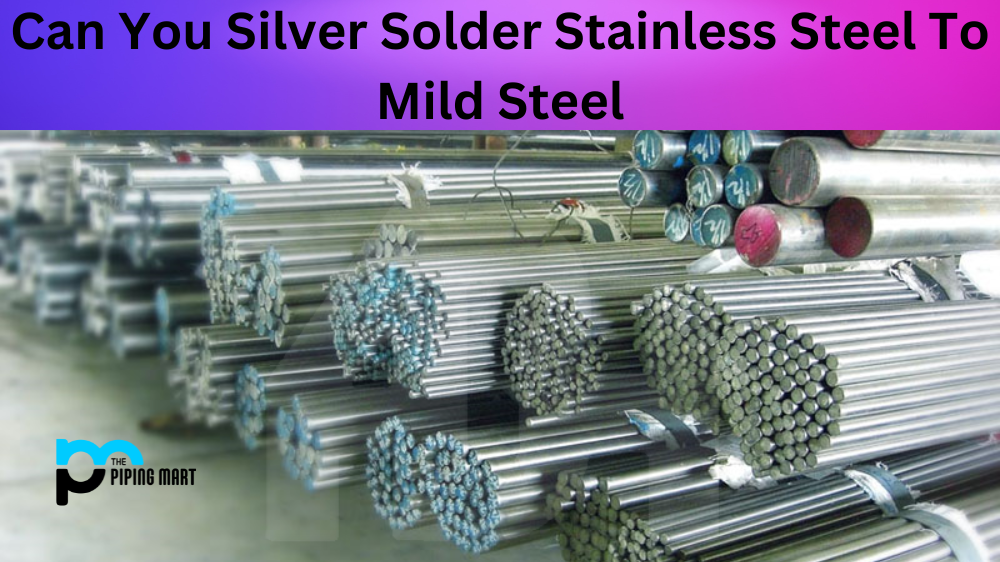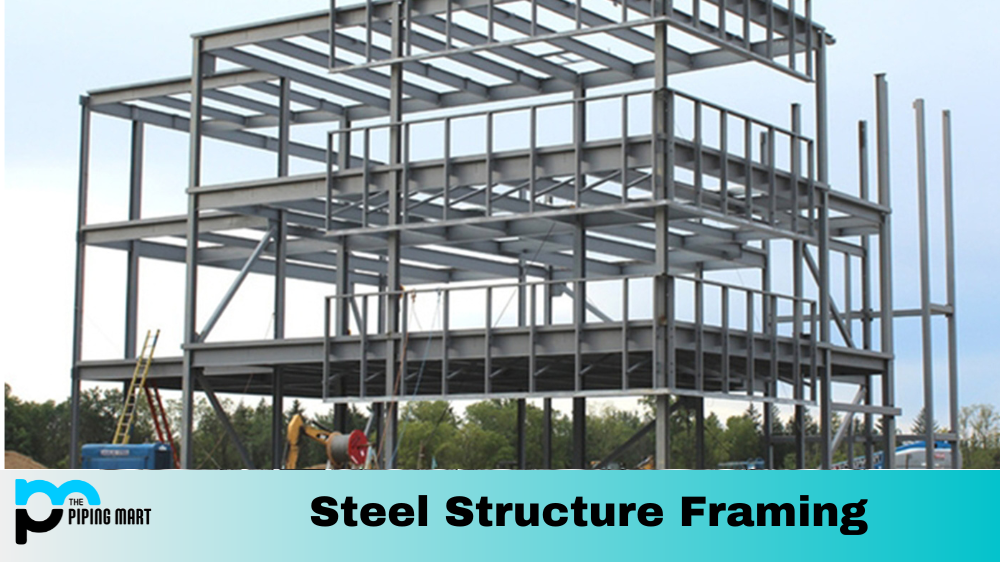Alloy 20 is a highly corrosion-resistant material that is often used in the manufacture of pipes, valves, and chemical processing equipment. This nickel-iron-chromium alloy is known for its excellent resistance to chemical attack and pitting corrosion and its superior weldability and formability. In this article, we’ll take a look at the different properties that make alloy 20 pipes so desirable, as well as their specifications.
Alloy 20 Pipes Chemical Composition
Alloy 20 pipes are composed primarily of nickel (Ni), iron (Fe), chromium (Cr), and molybdenum (Mo). The composition also includes small amounts of copper (Cu) and manganese (Mn). These components give alloy 20 pipes the ability to resist not only corrosion but also provide good strength, formability, and welding capabilities. The composition can vary depending on the manufacturer; however, it is typically between 19% to 21% Ni, 17% to 19% Cr, 32% to 35% Fe, 2.0% to 3.0% Mo, 1.75% to 2.5 % Cu, 0.3 % Mn max., 0.2 % Si max., 0.6 % C max., 0.02 % P max., 0.04 % S max., with a balance of Fe + Ni + Cr + Mo + Cu with trace elements such as Ti or V being present in some cases.
Alloy 20 Pipes Properties
Alloy 20 pipes have several beneficial properties that make them ideal for high-temperature and corrosive environments, such as those found in chemical processing plants or refineries. These properties include high tensile strength that can reach up to 90 ksi; good ductility that allows for easy bending; excellent weldability due to its low carbon content; great formability; and excellent resistance to stress cracking corrosion even in caustic environments with chlorides present up to 200 ppm chloride ion content by weight at room temperature or higher temperatures up to 1000° F/538°C without solution annealing prior service exposure or post service exposure sensitization treatments required such as heat treatment after cold working operations like machining or forming processes involving cold working operations such as bending or rolling at ambient temperatures below 600°F/316°C due it’s stabilized cr1/ni1 austenitic stainless steel microstructure with chromium carbide precipitation preventing sensitization process from occurring during fabrication processes involving cold working operations at ambient temperatures below 600°F/316°C.
Alloy 20 Pipe Specification
These pipes have a low coefficient of thermal expansion for improved resistance against thermal shock when exposed to rapid changes in temperature conditions due to its stabilized cr1/ni1 austenitic stainless steel microstructure combined with chromium carbide precipitation preventing grain boundary embrittlement from occurring during service exposures which give it a greater advantage over non stabilized stainless steel alloys like 304L & 316L austenitic stainless steels which would require solution annealing followed by quench & tempering heat treatment prior service exposure or after cold working operations if needed before going into actual service use due sensitization process happening during service exposures if not properly treated prior going into actual service use.
Conclusion:
Alloy 20 pipe offers many benefits over traditional piping materials, making it an ideal choice for corrosive environments where other materials may fail prematurely due to their lack of similar properties compared with alloy 20 pipe, such as high tensile strength, good ductility, excellent weldability, great formability, and excellent resistance to stress cracking corrosion even in caustic environments with chlorides present up to 200 ppm chloride ion content by weight at room temperature or higher temperatures up to 1000° F/538°C without solution annealing prior service exposure or post service exposure sensitization treatments required such as heat treatment after cold working operations like machining or forming processes involving cold working operations such as bending or rolling at ambient temperatures below 600°F/316°C. Knowing these characteristics can help you decide if alloy 20 pipe is the best choice for your application needs!

Meet Bhavesh, a seasoned blogger with a wealth of knowledge and experience. From metal products manufacturing to retail, Bhavesh has a diverse background in various industries and is dedicated to sharing his insights and expertise with readers.




